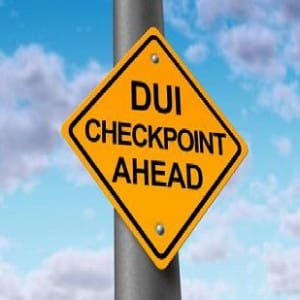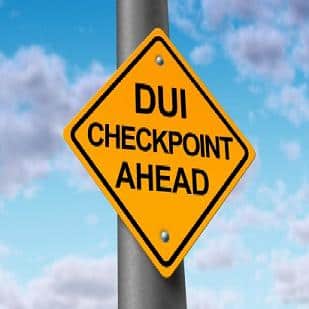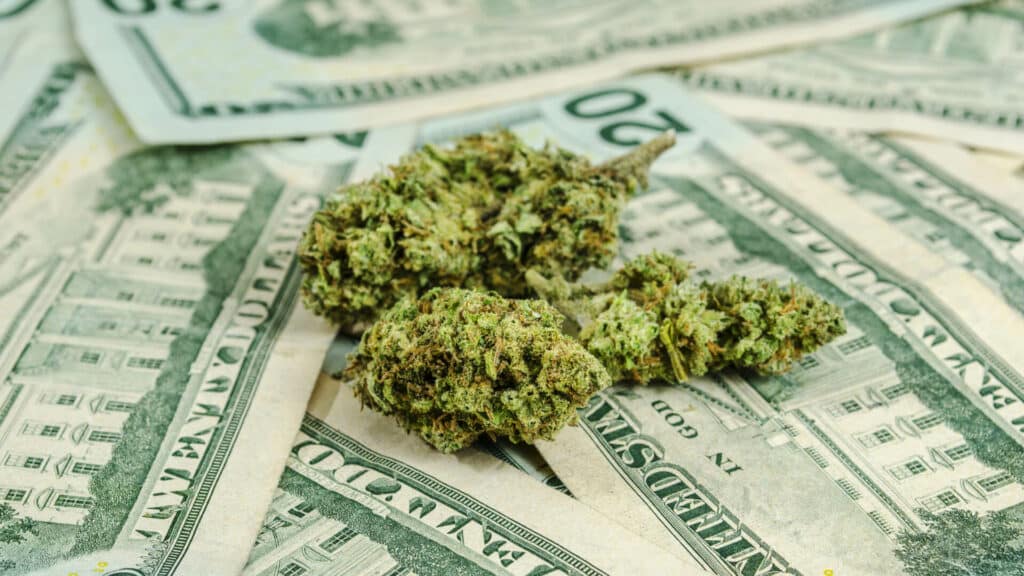 Marijuana opponents constantly try to claim that if/when marijuana becomes legal, mayhem on public roadways is sure to follow. I have yet to hear marijuana opponents back their claim up with stats, and have yet to hear them address the fact that since Colorado legalized marijuana, vehicle crash related fatalities are at an all time low. Ah, those darn pesky facts. Anyhow, as more and more states vote to legalize marijuana, more states will no doubt look into revamping their DUII laws. If they choose a per se DUII limit for marijuana, like Colorado and Washington, they will be doing so despite no solid evidence that such a policy is logical. Per The Joint Blog:
Marijuana opponents constantly try to claim that if/when marijuana becomes legal, mayhem on public roadways is sure to follow. I have yet to hear marijuana opponents back their claim up with stats, and have yet to hear them address the fact that since Colorado legalized marijuana, vehicle crash related fatalities are at an all time low. Ah, those darn pesky facts. Anyhow, as more and more states vote to legalize marijuana, more states will no doubt look into revamping their DUII laws. If they choose a per se DUII limit for marijuana, like Colorado and Washington, they will be doing so despite no solid evidence that such a policy is logical. Per The Joint Blog:
Available science fails to support the imposition of driving under the influence (DUI) impairment thresholds for cannabis in a manner that is analogous to theper se limits already in place for alcohol, according to the conclusions of a November 2014 publication published by the United States Department of Transportation, National Highway Traffic Safety Administration (NHTSA). Per setraffic safety laws criminalize those who operate a vehicle with trace or specific levels of a controlled substance in their bodily fluids, even in the absence of any further evidence indicating that the subject was behaviorally impaired.
States the paper’s authors, “Every state has enacted a law defining drivers who are at or above .08 grams per deciliter BAC as ‘legally impaired,’ but there are no similar, commonly accepted impairment levels for other drugs.” Nonetheless, despite this lack of consensus, authors acknowledge that “some state laws have established levels for some drugs at which it is illegal to operate a motor vehicle” – a position which they concede is not evidence based.
No one should consume marijuana to the point that they are high and hop in a car and drive. No responsible marijuana consumer supports the idea of driving while stoned. However, a person that consumes marijuana is not automatically too impaired to operate a motor vehicle. This is something that politicians need to realize. Establishing a per se marijuana law sets up law enforcement and prosecutors for failure, because all a person or their attorney needs to do is point out at trial that marijuana stays in one’s system for several weeks. Just because someone has cannabis in their system does not mean that they were impaired at the time they were cited for DUII.





